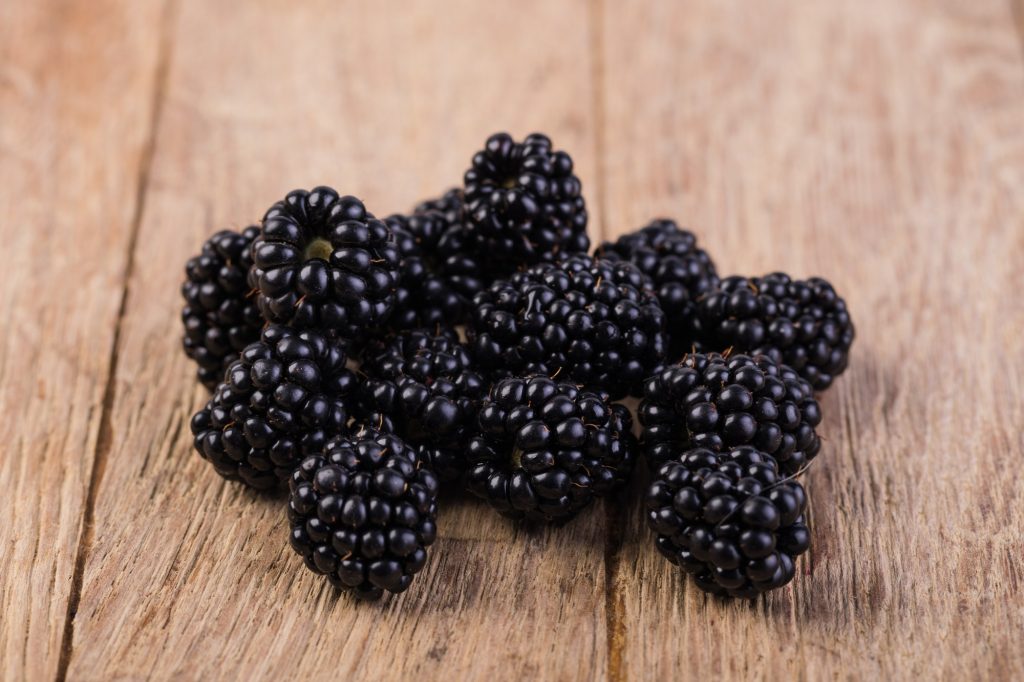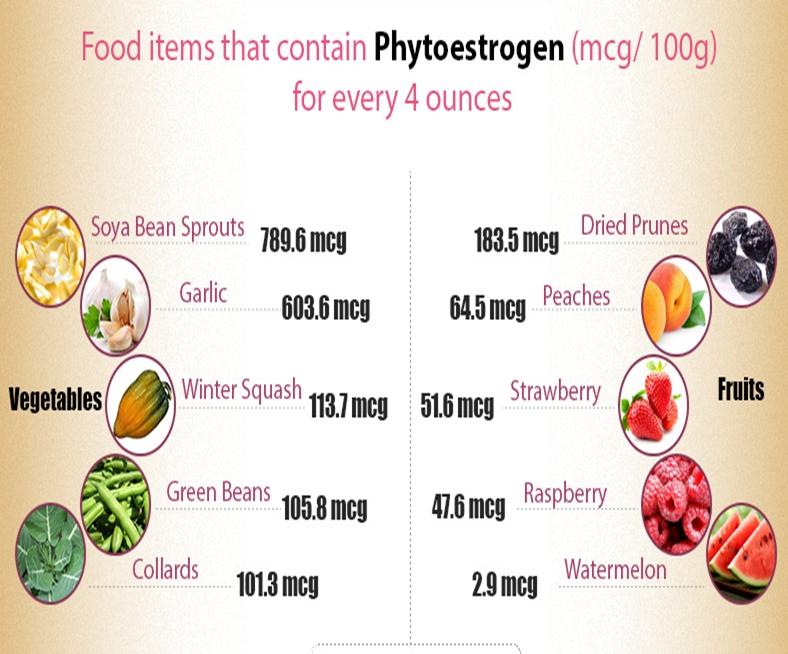How to Grow Blackberries from Store-Bought Fruit:

Blackberries are a delicious and nutritious fruit that can be easily grown at home. Starting from store-bought fruit is a convenient and cost-effective way to propagate new blackberry plants. It’s an exciting project that allows you to grow your food and enjoy fresh, organic blackberries from your own garden.

Gather Materials:

Store-bought blackberries: Choose ripe, unblemished blackberries. Organic blackberries are preferred to avoid chemicals.
Seed Starting Trays or Pots: Use small seed starting trays or pots with good drainage holes.
Seed Starting Mix: Prepare a well-draining seed starting mix using equal parts of peat moss, perlite, and vermiculite.
Plastic Wrap or Bag: For covering the trays or pots to create a humid environment.
Water Can or Spray Bottle: For watering the seeds.
Location: A warm, sunny spot indoors or a greenhouse.
Steps:
Prepare the Seeds:
- Carefully extract the seeds from the blackberries.
- Rinse the seeds thoroughly to remove any remaining pulp or juice.
- Place the seeds on a paper towel and allow them to dry completely.
Prepare the Seed Starting Mix:
- Fill the seed starting trays or pots with the seed starting mix.
- Moisten the mix by spraying or pouring water until it is evenly moist.
Sow the Seeds:
- Sow the blackberry seeds evenly on the surface of the moistened mix.
- Do not cover the seeds with soil as they need light to germinate.
Cover and Protect:
- Cover the trays or pots with plastic wrap or a clear plastic bag to create a humid environment.
- Place the trays or pots in a warm, sunny spot indoors or a greenhouse.
- Maintain a temperature of around 70-75°F (21-24°C) for optimal germination.
Water and Care:
- Keep the seed starting mix moist by spraying water regularly.
- Avoid overwatering to prevent damping off, a fungal disease that can kill seedlings.
- Monitor the seeds for germination, which usually occurs within 10-20 days.
Transplanting Seedlings:
- Once the seedlings have developed their first true leaves, transplant them into individual small pots.
- Use a well-draining potting mix and plant each seedling deep enough so that the roots are covered.
- Continue to keep the seedlings moist and provide them with plenty of sunlight.
Gradually Harden the Seedlings:
- As the seedlings grow, gradually acclimate them to outdoor conditions by moving them outdoors for a few hours each day, increasing the time spent outdoors over several weeks.
- This process of hardening off helps the seedlings adapt to the natural environment.
Choose a Planting Site:
- Select a sunny spot in your garden with well-drained soil.
- Blackberries require at least 6 hours of direct sunlight per day to thrive.
- Prepare the soil by removing any weeds or debris and amending it with organic matter to improve fertility.
Planting the Blackberry Plants:
- Dig holes large enough to accommodate the root balls of the seedlings.
- Space the plants about 3-6 feet apart to allow for growth and air circulation.
- Plant the seedlings in the holes and fill the holes with soil, gently firming it around the base of each plant.
- Water thoroughly to settle the soil and help the roots establish.
Ongoing Care and Maintenance:
- Water your blackberry plants regularly, especially during dry seasons.
- Mulch around the plants to suppress weeds, retain moisture, and protect the roots during temperature fluctuations.
- Fertilize the plants in spring and fall with a balanced fertilizer to promote healthy growth and fruiting.
- Prune the plants in late winter or early spring to remove dead or diseased canes and encourage new growth.
Conclusion:
Growing blackberries from store-bought fruit is a rewarding and sustainable way to enjoy fresh, organic blackberries at home. With patience, care, and the proper growing conditions, you can successfully cultivate your blackberry patch and enjoy a bountiful harvest each season. Remember to provide suitable support for the canes as they grow to prevent them from falling over. Happy gardening!










